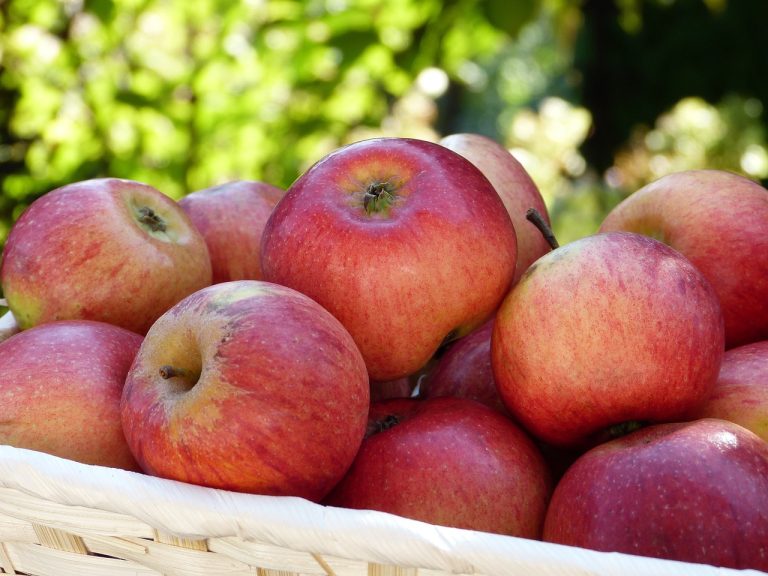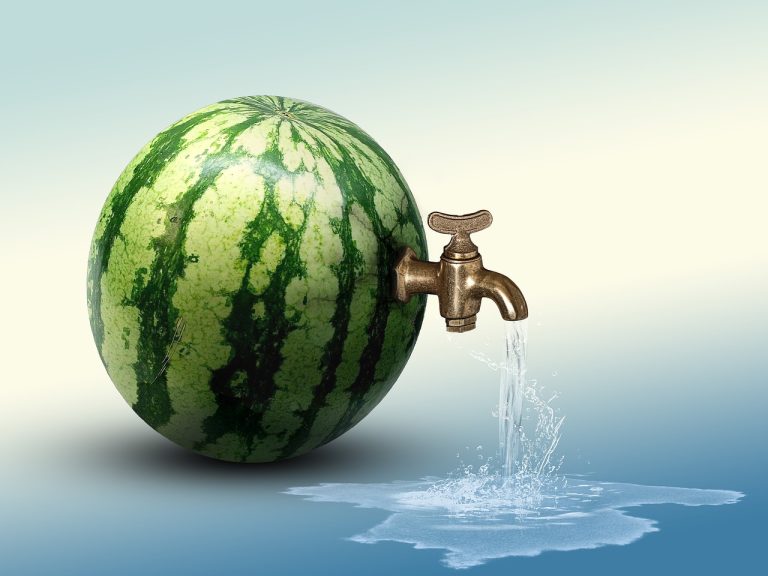
Have you ever noticed how a hearty meal can lift your spirits? It’s no coincidence! Nutrition plays a pivotal role in our mental health, intertwining our dietary choices with our emotional and cognitive well-being. Imagine your brain as a high-performance engine; it needs the right fuel to run smoothly. Just as premium gasoline keeps a car purring, the right nutrients can enhance our mood and sharpen our mental acuity.
Studies have shown that what we eat directly influences how we feel. Think about it: when you indulge in a sugary snack, the initial rush is often followed by a crash that leaves you feeling lethargic and irritable. On the flip side, meals rich in omega-3 fatty acids, vitamins, and minerals can promote feelings of happiness and calmness. This connection is not just a fleeting thought; it’s backed by science and research that highlight the profound impact of nutrition on mental health.
Moreover, the concept of the gut-brain connection has gained significant attention in recent years. Your gut is often referred to as your “second brain,” and for good reason! A balanced diet not only supports your physical health but also nurtures your gut flora, which in turn can enhance your mood and cognitive function. Imagine your gut as a garden; when it’s well-tended, it flourishes and contributes to a vibrant, healthy life.
In essence, the relationship between nutrition and mental health is a complex yet fascinating tapestry. By making mindful dietary choices, we can foster emotional resilience and cognitive clarity. So, the next time you reach for a snack, consider not just the taste but how it might affect your mental state. After all, a happy mind starts with a healthy plate!
The Role of Nutrients in Mental Health
Nutrients are not just vital for our physical health; they are also essential for our mental well-being. Think of your brain as a high-performance engine that requires the right fuel to operate efficiently. Just like a car needs premium gas to run smoothly, our brain thrives on a balanced intake of nutrients. Omega-3 fatty acids, for example, are like the turbocharger for your brain. Found in fatty fish, walnuts, and flaxseeds, these essential fats are linked to improved mood and cognitive function. Studies have shown that individuals with a diet rich in omega-3s report lower levels of anxiety and depression.
Moreover, vitamins and minerals play a pivotal role in brain health. Vitamin D, often dubbed the “sunshine vitamin,” has been associated with a lower risk of depression. Similarly, B vitamins such as B6, B12, and folate are crucial for neurotransmitter production, which helps regulate mood. A deficiency in these vitamins can lead to a decline in mental health.
It’s fascinating to note that the brain consumes about 20% of our daily caloric intake, highlighting the importance of nutrient-dense foods. A diet lacking in essential nutrients can lead to a host of mental health issues. To illustrate this, consider the following table that outlines key nutrients and their mental health benefits:
| Nutrient | Sources | Mental Health Benefits |
|---|---|---|
| Omega-3 Fatty Acids | Fatty fish, walnuts, flaxseeds | Improved mood, reduced anxiety |
| Vitamin D | Sunlight, fortified foods | Lower risk of depression |
| B Vitamins | Whole grains, meat, eggs | Enhanced neurotransmitter function |
Incorporating these nutrients into your diet is not just about physical health; it’s a crucial step towards achieving emotional resilience. So, the next time you reach for a snack, think about the impact it may have on your mood. Are you fueling your brain for success?
The Gut-Brain Connection
The gut-brain connection is a fascinating and complex relationship that has gained significant attention in recent years. Imagine your gut as a second brain; it’s not just about digestion anymore! This intricate link means that what you eat can profoundly affect your mood, emotions, and overall mental health. Studies have shown that a healthy gut can lead to a happier mind, while an unhealthy gut can contribute to various mental health issues, including anxiety and depression.
Recent research highlights the role of the gut microbiome, which consists of trillions of bacteria living in our intestines. These tiny organisms communicate with the brain through various pathways, including the vagus nerve, which acts like a superhighway of information. When our gut is healthy, it produces beneficial compounds, such as short-chain fatty acids, that can enhance brain function and mood. Conversely, an imbalance in gut bacteria can lead to inflammation and other issues that may negatively impact mental health.
To nurture this vital connection, consider incorporating a variety of gut-friendly foods into your diet. Here are some key players:
- Probiotics: Found in yogurt, kefir, and fermented foods, these help maintain a healthy gut flora.
- Prebiotics: Foods like garlic, onions, and bananas feed the good bacteria in your gut.
- Fiber: Whole grains, fruits, and vegetables support digestive health and keep everything running smoothly.
In conclusion, understanding the gut-brain connection can empower you to make dietary choices that not only improve your physical health but also enhance your emotional well-being. So, the next time you’re feeling down, remember that a simple change on your plate could lead to a brighter mood!
The Impact of Processed Foods
Have you ever noticed how you feel after indulging in a bag of chips or a sugary snack? It’s not just your imagination—processed foods can significantly affect your mental health. These foods, often loaded with refined sugars and unhealthy fats, can lead to a rollercoaster of emotions, leaving you feeling anxious or depressed. When we consume these products, they can trigger inflammation in the body, which has been linked to various mental health disorders.
Research has shown that a diet high in processed foods can lead to a higher risk of developing issues like anxiety and depression. The problem lies in the way these foods are made; they often lack essential nutrients that our brains need to function optimally. For instance, a diet rich in whole foods—like fruits, vegetables, lean proteins, and whole grains—provides the vitamins and minerals that support brain health, while processed foods do the opposite.
To illustrate this further, let’s take a look at the following table that compares the nutritional content of whole foods versus processed foods:
| Food Type | Nutritional Benefits | Common Ingredients |
|---|---|---|
| Whole Foods | Rich in vitamins, minerals, and antioxidants | Fruits, vegetables, whole grains |
| Processed Foods | High in sugars and unhealthy fats | Refined sugars, trans fats, preservatives |
In essence, if you want to boost your mood and mental clarity, it might be time to reconsider those quick, processed snacks. Instead, reach for something that nourishes your body and mind. Your brain will thank you!
When we think about our mental health, we often overlook the profound impact that dietary patterns can have on our emotional and psychological well-being. Just like a well-tuned engine needs the right fuel to function optimally, our brains thrive on specific nutrients. Studies have shown that certain eating styles, particularly the Mediterranean diet, are linked to improved mental health outcomes. This diet is rich in fruits, vegetables, whole grains, and healthy fats, which not only nourish the body but also support brain function.
Imagine your brain as a garden; the foods you consume are the seeds that determine what grows. A diet abundant in antioxidants, omega-3 fatty acids, and fiber can cultivate a flourishing environment for mental clarity and emotional resilience. On the flip side, a diet high in processed foods can lead to a garden overrun with weeds, negatively affecting mood and cognitive function.
Research has revealed that individuals adhering to healthier dietary patterns experience lower levels of anxiety and depression. For instance, a balanced intake of nutrients can lead to:
- Enhanced mood stability
- Improved cognitive performance
- Reduced risk of mental health disorders
Moreover, it’s essential to recognize that these dietary choices are not just about what we eat but also how they influence our gut health. The gut-brain connection plays a pivotal role in our mental state, reinforcing the idea that a diet rich in wholesome foods can lead to a happier, healthier mind. So next time you reach for a snack, consider how it might affect your mental garden. Are you planting seeds for joy or allowing weeds to take root?
When it comes to mental health, the food we consume can be a game changer. Imagine your brain as a high-performance engine; it needs the right fuel to run smoothly. Nutrition interventions can significantly influence our mental well-being, acting as a powerful ally in the fight against various mental health disorders. So, what does this mean for you? It means that by making conscious dietary choices, you can enhance your mood and cognitive function!
One effective approach is to incorporate more whole foods into your diet. Think fruits, vegetables, whole grains, and lean proteins. These foods are packed with essential nutrients that support brain health. For instance, omega-3 fatty acids found in fish, walnuts, and flaxseeds are known to reduce symptoms of depression and anxiety. On the flip side, it’s wise to limit processed foods that are high in sugar and unhealthy fats, as they can lead to mood swings and cognitive decline.
Moreover, mindful eating can be an excellent intervention. This practice encourages you to pay attention to what you eat and how it makes you feel. By being present during meals, you can better recognize the connection between your food choices and your mental state. Consider keeping a food journal to track your dietary habits and mood fluctuations; this can reveal patterns that guide you toward healthier choices.
Lastly, don’t overlook the power of hydration! Dehydration can lead to fatigue and irritability, impacting your overall mental health. Make it a habit to drink plenty of water throughout the day. Remember, small changes can lead to significant improvements in your mental wellness.





